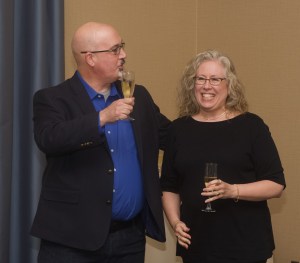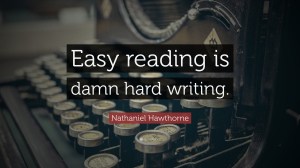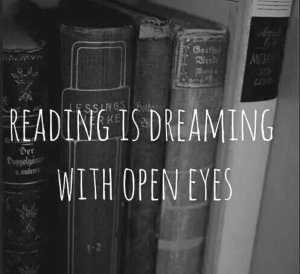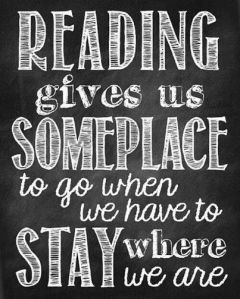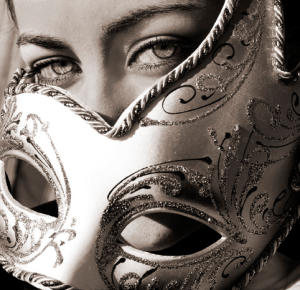 Today marks thirty years of marriage for me and William. As we talked about the time we’ve been together, we realized that we’ve spent more years as a couple than as singles. That alone is a huge blessing. Will is fond of saying that marriages lasting as long as ours are rare these days, and I would have to agree.
Today marks thirty years of marriage for me and William. As we talked about the time we’ve been together, we realized that we’ve spent more years as a couple than as singles. That alone is a huge blessing. Will is fond of saying that marriages lasting as long as ours are rare these days, and I would have to agree.
I love our life together, the home we made, the marriage we built. I enjoy memories as landmarks in time. And sometimes, I tally our years together a little differently than just marking days on a calendar.
Such as all the houses we’ve lived in. One. We started in this house, and God willing, we’re going to finish here, which is quite fine with both of us because we hate moving. Our little home has always been the right size for everything we needed. Sometimes it was just the two of us, and other times we packed our tiny home with friends and family. In either case, we experienced true joy.
I could also count the children in our life. Again, one. But what a son he is. We waited seven years for him, but he was worth it. He spent a little over twenty years with us during our walk toward thirty. Fortunately, he lives close enough to pop in for a visit. Mostly when he needs to use the washer and dryer and occasionally for food.
Then there’s our one grandbaby. He’s a sweet, little fella who starts kindergarten in a couple days. No, he’s not the child of our only son, but he couldn’t belong to us any more even if he had been born into our family. That fact is not up for dispute.
I suppose we could add up our time together with all the pets we’ve loved. Three dogs, eighteen cats, twenty-two parakeets, two rabbits, twenty-one tanks of fish, and two bowls with bettas. I also think of the wild birds we feed as ours, and recently, I’ve been feeding stray guinea fowl. I still don’t have a horse.
 Will and I never stray too far from home. We tell people that we’re stay-cationers. Our idea of vacation is eating out every evening and sleeping in our own beds every night. Sprinkle in zero responsibilities (except for feeding whatever pet(s) we own in the moment), long drives, coffee shops, ice cream shops, what we like to call retail therapy, and that’s just about as perfect as a vacation can get for us.
Will and I never stray too far from home. We tell people that we’re stay-cationers. Our idea of vacation is eating out every evening and sleeping in our own beds every night. Sprinkle in zero responsibilities (except for feeding whatever pet(s) we own in the moment), long drives, coffee shops, ice cream shops, what we like to call retail therapy, and that’s just about as perfect as a vacation can get for us.
While Will’s passion has always been fishing, I never got the hang of it. Instead of him wasting his time untangling my line, I take a lawn chair and book because reading is my passion. We realized that it wasn’t about doing what the other person liked. It was about simply being in each other’s presence.
We’ve definitely grown spiritually. Our walk with Adonai is so much more than we ever thought it could be when we first dipped our toe in the well of faith. There were some serious battles, but they made us the strong people we are today. It’ll be interesting to see what Adonai has in store for us next.
One thing I can honestly say about being married to Will for thirty years is that our marriage never lost its sense of excitement and wonder. I’m just as happy to be doing life with him today as I was the day I said, “I do.” I made a promise to him all those years ago that if he came along with me as an equal partner that I’d do everything I could to make life an exciting ride. I’m looking forward to making sure our next thirty years are just as good if not better.
